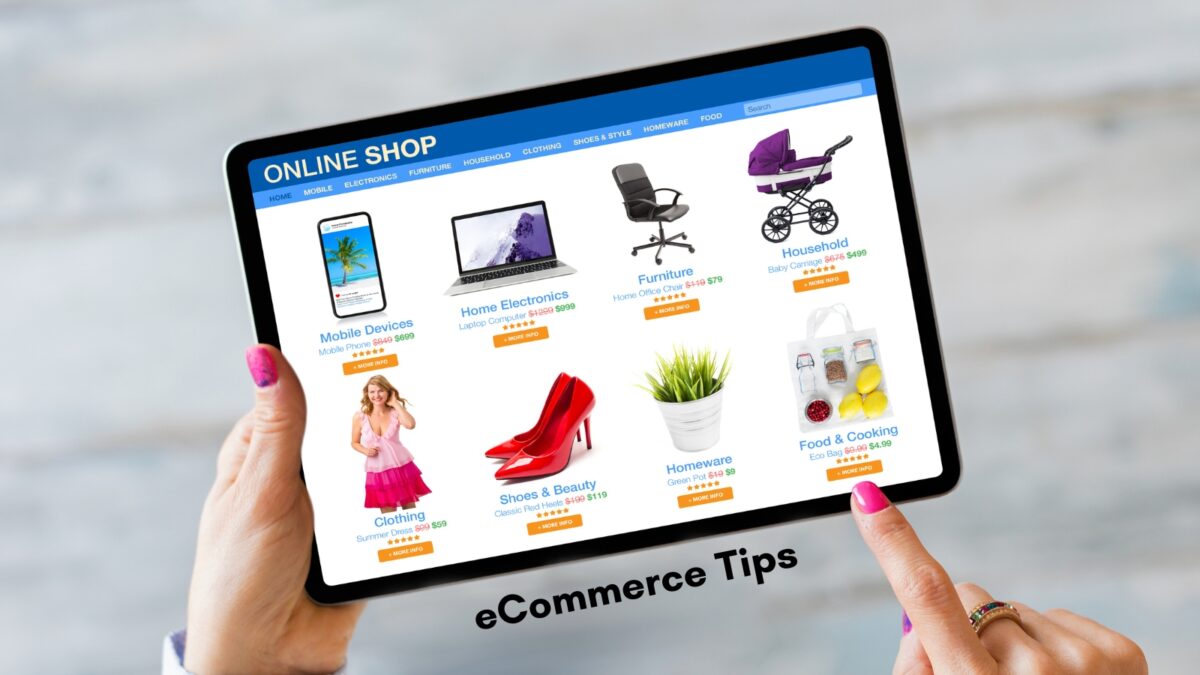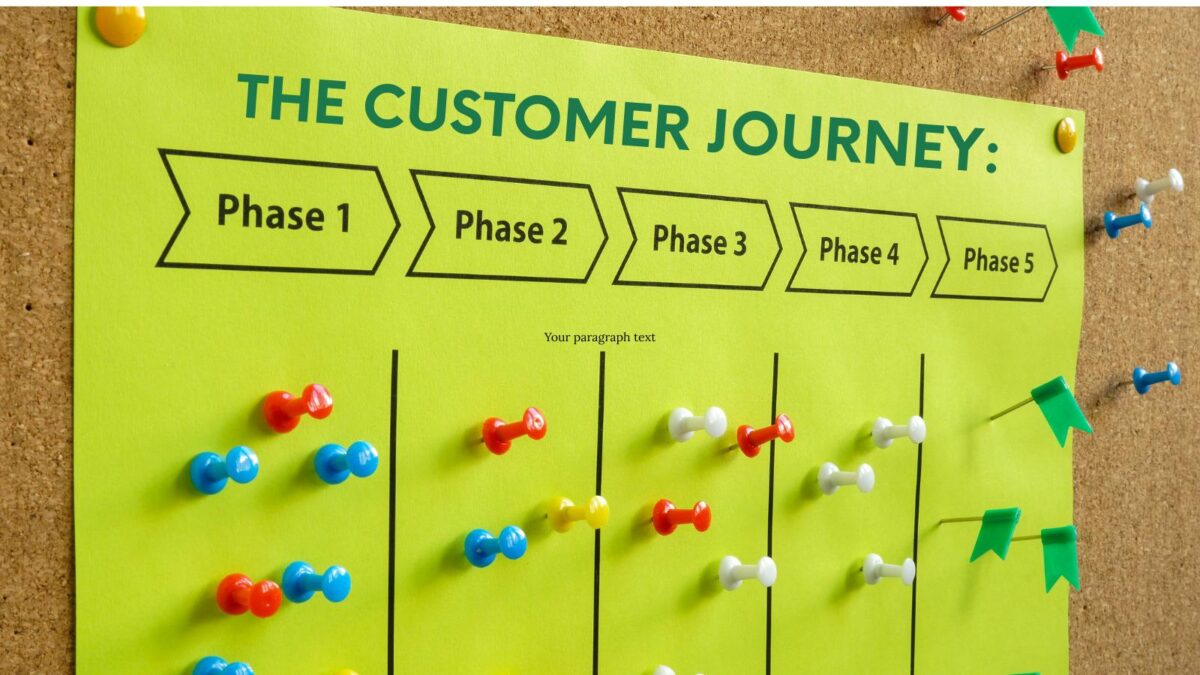Podcasting has steadily moved from niche entertainment to a serious marketing channel—and the real estate world is taking notice. With audiences growing more comfortable consuming long-form audio content during their commute, workouts, or downtime, podcasts offer realtors a chance to connect in a more personal, human way.
This article explores how podcasting is opening new doors for real estate professionals. From positioning yourself as an expert to creating opportunities for strategic partnerships, podcasting has become a valuable tool that goes beyond just talking into a mic.
Table of Contents
Why Podcasting Works for Real Estate
Podcasting provides something that most traditional advertising methods lack: trust and intimacy. When someone chooses to listen to a podcast, they are investing their time—not just passively consuming an ad.
That sense of permission gives podcasters a chance to create authentic relationships with listeners.
Below is an example of a real estate agent that I know. He shares his podcasts on to YouTube.
The Key Benefits:
- Authority Building: Sharing market insights, trends, and tips consistently helps build authority and credibility.
- Relationship Development: A familiar voice builds rapport, especially when targeting high-trust transactions like home buying or investing.
- Content Longevity: A podcast episode lives online indefinitely and can continue bringing in new leads long after publishing.
Getting Started: What You Need (and Don’t)
One misconception that holds many realtors back is the belief that podcasting is expensive or time-consuming. But starting a real estate podcast doesn’t require a full production studio.
What You Really Need:
- A decent microphone
- Recording and editing software (many free options available)
- A quiet room
- A topic list and episode format
- Consistent release schedule
You don’t need professional-grade gear. A simple setup, a clear voice, and engaging topics can be more effective than a flashy production that lacks substance.
Real Estate Podcast Formats That Work
There’s no one-size-fits-all approach to real estate podcasting. You can choose a format that best aligns with your strengths, your audience’s interests, and your long-term goals.
1. Solo Episodes
These are perfect if you’re confident speaking on your own. Solo episodes give you full control over the pacing, message, and structure.
Example Topics:
- First-time buyer mistakes
- Market updates
- How to prepare a home for sale
2. Interview-Style Episodes
Interviews offer a great opportunity to network while creating content. You can invite mortgage brokers, interior designers, home inspectors, or even satisfied clients.
Benefits:
- Builds relationships
- Expands your network
- Encourages your guests to share the episode with their audience

3. Q&A Sessions
Answer common questions from buyers, sellers, or investors. This positions you as a go-to resource and encourages listener engagement.
Tip: Ask your audience to send in questions via email or social media.
Podcasting as a Networking Tool
While podcasting builds a personal brand, it also serves as a conversation starter. Interviews can double as informal networking sessions. You’re providing exposure to your guest, and in return, you’re often expanding your reach into their circle.
Scenarios That Demonstrate Its Impact:
- A property manager appears as a guest and recommends your podcast to their investors
- A previous client shares their podcast episode and refers two friends
- A local service provider featured on your show becomes a long-term partner for client referrals
These connections may not happen overnight, but consistency pays off. Podcasting opens the door to more than just listeners—it introduces you to collaborators and advocates.
Repurposing Your Real Estate Podcast for More Reach
One of the biggest advantages of podcasting is how it fits within a larger digital marketing strategy. A single episode can be transformed into multiple pieces of content across different channels, helping you reach more people without doubling your workload.
Repurposing Ideas:
Short Clips for Reels or Stories
Pick the best 30 seconds from your episode—maybe a quick tip or an interesting fact—and turn it into a short video using an online video editor tool. Add captions or your logo so it stands out as people scroll through Instagram Reels, Facebook Stories, or TikTok.
For example, if you mention why fresh paint helps sell a home faster, make that a short clip. Someone might see it, like the advice, and then go listen to your full episode. This helps grow your online presence by catching attention where people spend most of their time—on social media.
For example, if you mention why fresh paint helps sell a home faster, make that a short clip. Someone might see it, like the advice, and then go listen to your full episode. This helps grow your online presence by catching attention where people spend most of their time—on social media.
Transcripts for Blog Posts
Turn the words from your podcast into written text using an audio to text software or transcription. Then, post it on your website as a blog.
This works great for people who prefer reading and also helps your site show up in Google searches. Imagine someone searching “how to get ready for a home inspection” finds your blog and decides to contact you.
That one episode just helped you reach a new potential client.
Quotes and Highlights
Find the most powerful or useful lines from your podcast and make them into simple image quotes. Share these on Instagram, X Twitter, LinkedIn, or Facebook to quickly show your expertise and catch people’s interest.
For example, if you say “Don’t skip the final walkthrough,” turn that into a graphic. It’s easy for people to read, share, and remember—and it spreads your message without extra effort.
Email Newsletters
Take the best tips or stories from your episode and write them up in an email to send to your contacts. This keeps your audience interested and reminds them of your knowledge.
You can also include a link to the full podcast episode so they can listen if they want. For instance, a past client might read your email about market trends and decide to get in touch with you to discuss selling their home.
By doing this, you’re not only maximizing your effort, but you’re also maintaining a consistent online presence that keeps your name top of mind.
Finding Your Voice (Literally and Figuratively)
Starting out, many podcasters struggle with how they sound. It’s normal to feel awkward or unsure, especially when recording solo. But the more you do it, the easier it gets.
Tips to Improve:
- Practice Before Publishing: Record test runs to get comfortable with your tone and flow.
- Listen to Yourself Back: Take notes on what feels engaging and what feels flat.
- Avoid Overediting: A few “ums” and pauses keep it human. You’re not reading a script—you’re building a connection.
- Use Tools to Enhance Delivery: If recording video versions of your podcast, eye contact AI can help maintain viewer engagement during virtual interviews or monologues.
Your unique voice is your differentiator. Authenticity beats perfection.
How Podcasting Fits into a Broader Marketing Strategy
A podcast isn’t a standalone effort. It works best when integrated into a complete marketing plan that includes email, social media, and direct outreach.
Real Estate Podcasting + Digital Strategy:
- Email Marketing: Send new episodes to your list as part of a value-first strategy.
- Social Media Management: Promote each episode across multiple platforms to attract both existing and new audiences.
- SEO Strategy: Use episode titles, summaries, and transcriptions to improve search visibility.
- Client Nurturing: Share episodes that align with client interests or questions during the buying/selling journey.
The power lies in consistency. A well-managed podcast schedule reinforces your authority and complements every other part of your digital marketing for realtors.
Overcoming Common Real Estate Podcasting Hurdles
Even seasoned marketers hit roadblocks with podcasting. From running out of content ideas to struggling with editing or production, these challenges are common but manageable.
Solutions to Common Problems:
“I don’t know what to talk about.”
- Keep a running list of client questions
- Subscribe to industry newsletters
- Watch forums to identify trending concerns
“I don’t have time to edit.”
- Use simple tools to clean up audio
- Consider outsourcing to a freelancer
- Batch record and schedule episodes in advance
“I’m not getting any listeners.”
- Share in relevant Facebook groups or online forums
- Ask guests to share their episode
- Include a call to action in your email signature or business card
Starting slow is better than not starting at all. Listeners will come with time and effort.
The Long-Term Value of Real Estate Podcasting
Podcasting is a slow-burn strategy. Unlike ads that promise instant clicks or views, a podcast builds over time. But the trust and loyalty you gain from consistent listeners can lead to high-quality leads and referrals.
Long-Term Benefits:
- Clients feel like they know you before ever meeting you
- Opportunities for speaking, panels, or webinars
- Increased inbound leads from people who resonate with your style
- A growing archive of content that continues to work for you on your website
It’s an investment, but one that pays dividends beyond the mic.
Wrapping Up: Real Estate Podcasting
If you enjoy talking about the real estate world and have something valuable to share, podcasting could be a great fit. It’s more than just a content channel—it’s a way to connect, educate, and stay top of mind in a competitive space.
You don’t need thousands of listeners to benefit. If a handful of the right people tune in and decide they trust you, that’s already a win.
So, whether you’re a solo agent, part of a small team, or looking to grow your client base, consider adding podcasting to your toolbox. It’s personal. It’s practical. And it might just be the most human form of digital marketing you’ve yet to try.
Bonus Tip: Keep your episodes structured, but not stiff. A strong intro, clear main message, and a soft call to action (“Reach out if you’d like to learn more”) go a long way.
And remember, even one well-executed episode can set you apart from a crowded marketplace.
- How To Stop Instagram Spam Comments Fast: Quick Fixes - February 12, 2026
- Facebook Page Posts in 2026– Who Sees Them Anymore? - February 12, 2026
- Fedica for LinkedIn: Schedule, Recycle, and Track Posts in One Place - February 11, 2026



